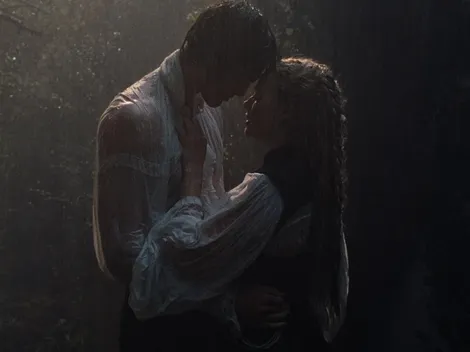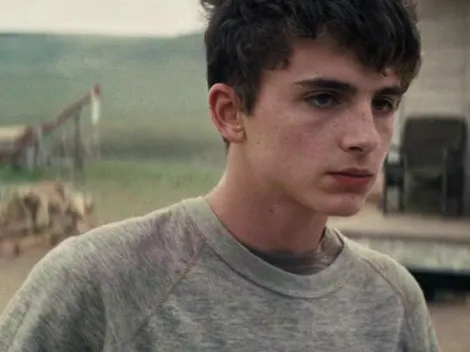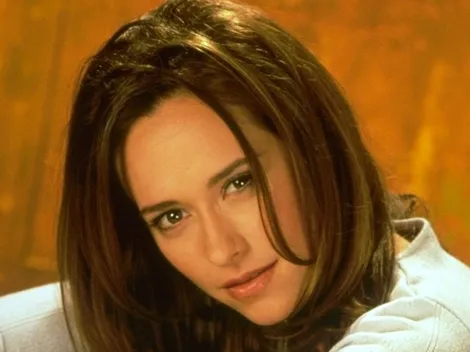Australia has lost one of its most respected voices in cinema. David Stratton, the beloved film critic and long-time co-host of “The Movie Show” and “At The Movies” with Margaret Pomeranz, passed away aged 85. His family confirmed to ABC that he died in a hospital near his home in the Blue Mountains, marking the end of a career that left an enduring mark on audiences across the country.
Back in 2012, Stratton took part in the renowned Sight and Sound critics’ poll, where he revealed his ten favourite films. This list offers a glimpse into the movies that shaped his taste and reflected his lifelong devotion to both Australian and international cinema.
Charulata (1964)

Source: MUBI
Directed by Satyajit Ray, “Charulata” is a delicate exploration of loneliness, love, and artistic longing in 19th-century Bengal. Stratton admired Ray’s subtle storytelling and the way the film captured emotions with quiet precision. Its intimate cinematography and the nuanced performance of Madhabi Mukherjee exemplified the director’s mastery of human psychology.
Citizen Kane (1941)

Source: IMDb
Often hailed as one of the greatest movies of all time, Orson Welles’ “Citizen Kane” fascinated Stratton with its groundbreaking narrative structure and inventive cinematography. He appreciated how the film’s exploration of power, ambition, and isolation transcended its era, influencing generations of filmmakers.
The Conversation (1974)

Source: IMDb
Francis Ford Coppola’s psychological thriller impressed Stratton with its meticulous attention to sound and tension. The story of surveillance and paranoia resonated with him for its intelligence and restraint, showing that thrillers could be as psychologically profound as any drama. Gene Hackman’s understated performance also highlighted the power of subtle acting, a recurring element in films Stratton admired.
Uzak (Distant) (2002)

Source: MUBI
Nuri Bilge Ceylan’s Uzak captivated Stratton with its meditative pacing and striking cinematography. The film’s portrayal of alienation and the human condition reflected the quiet emotional depth he often championed in world cinema. He valued how Ceylan allowed the landscapes and silences to carry as much weight as the dialogue.
Distant Voices, Still Lives (1988)

Source: IMDb
Terence Davies’ semi-autobiographical film impressed Stratton with its lyrical approach to memory, music, and family life. He admired how Davies blended poetry and realism to evoke the atmosphere of post-war Liverpool. The picture’s delicate combination of visuals and sound demonstrated the emotional power of carefully composed cinema.
Kings of the Road (1976)

Source: IMDb
Wim Wenders’ “Kings of the Road” appealed to Stratton for its slow, reflective road-trip narrative and exploration of isolation. He praised the film’s observational style and its patient, humanistic approach to storytelling. The understated performances and cinematography embodied the kind of European art cinema he loved.
Lola (1961)

Source: MUBI
Jacques Demy’s “Lola” charmed Stratton with its romantic melancholy and visual sophistication. He admired how Demy fused lightness and sadness, creating a world that was both stylish and emotionally resonant. Stratton frequently highlighted Demy’s ability to balance narrative charm with deeper thematic concerns.
The Searchers (1956)

Source: IMDb
John Ford’s classic western captivated Stratton with its complex characters and epic cinematography. He valued the way the film examined themes of obsession, racism, and morality, all framed within a visually stunning landscape. Stratton often praised it as a picture that combined entertainment with moral and emotional depth.
Singin’ in the Rain (1952)

Source: IMDb
Stratton revealed to The Guardian that “Singin’ in the Rain” was his favourite movie of all time. He admired its perfect blend of music, comedy, and romance, along with its effortless charm and technical brilliance. For him, it exemplified the joy and magic of cinema at its best, a film he could return to again and again.
The Travelling Players (1975)

Source: IMDb
Theo Angelopoulos’ “The Travelling Players” fascinated Stratton with its sweeping narrative of Greek history and personal destiny. He appreciated the film’s epic scope, long takes, and poetic approach to storytelling. Stratton often cited it as an example of cinema’s ability to merge political history with deeply human stories.





